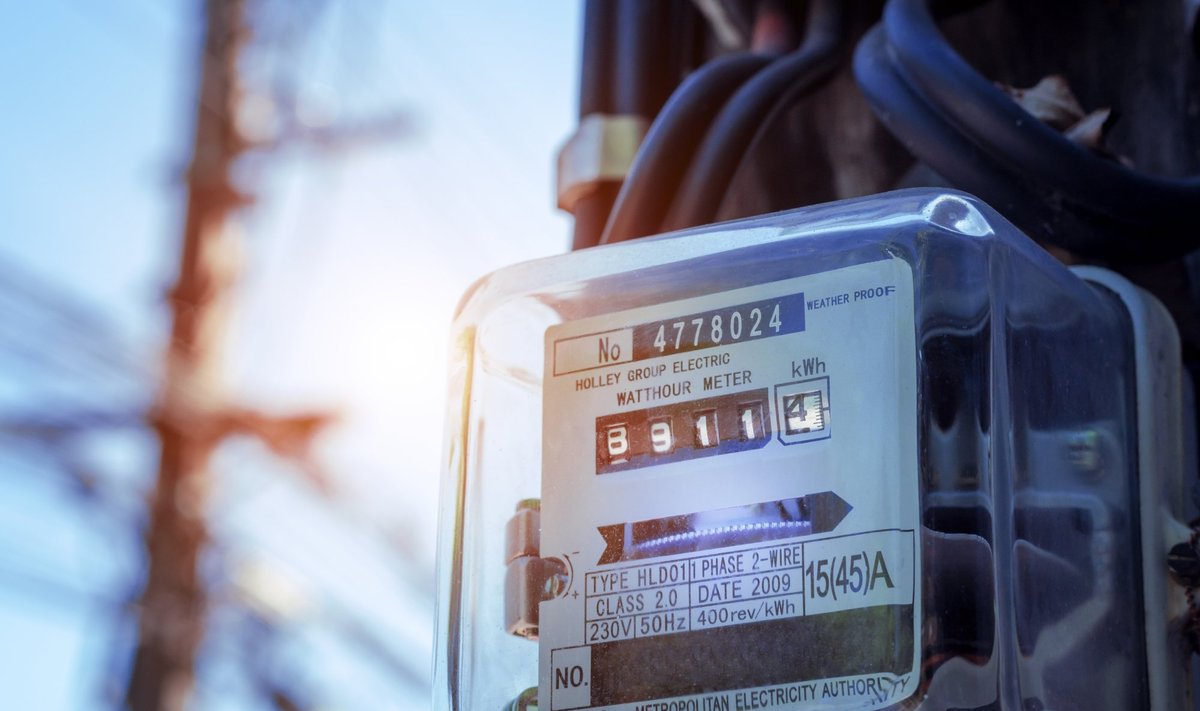Minister of Energy Dainius Kreivys said that by choosing fixed-price plans customers had expectations this would help them predict expenses in the face of inflation, but they would no longer be able to do so because of the company’s unilateral actions. The minister said he would always be on the side of consumers and that their expectations must be fulfilled.
According to Kreivys, energy prices are high in many EU countries because of Russia’s energy blackmail, but this is not a reason why the company should shift the burden of its business risks on consumers.
The Ministry of Energy reminded to consumers that they can always change the electricity supplier and urged other market participants to offer attractive fixed-price plans.
The Ministry also noted that all consumers who took part in the first and second stages of liberalisation of the retail electricity supply market could reject the conditions proposed by Perlas Energija and demand the company fulfil the conditions of the agreements, whereas if this is not done they can terminate the agreements.
Meanwhile, those who will participate in the third stage of liberalisation of the retail electricity supply market, may return to the public electricity supply without any repercussions.
In turn, the VERT later stated that as electricity prices have increased in the market independent electricity suppliers may propose to change the agreement conditions by replacing fixed-price plans with variable-price plans determined directly by the power market. However, clients have to express in writing their agreement or disagreement to changes of the plans.
The VERT notes that consumers, having received information about the electricity supplier’s decision to change the conditions of the agreement, have the right to respond within 30 days in writing or by e-mail and either agree or disagree with the new conditions. If consumers disagree with new conditions, they have the right to terminate the agreement. However, if a person expresses disagreement with new conditions but does not terminate the agreement, then the original conditions agreed by the sides remain in effect.
The VERT stated that it will take all the necessary measures to safeguard consumer rights and lawful interests if it discovers that UAB Perlas Energija or other suppliers abuse their positions as regards changing agreement conditions.
Speaking to the public broadcaster LRT on Saturday, Prime Minister Ingrida Šimonytė described the situation as regrettable but solvable. According to her, the company overestimated its abilities but, as pointed out by the regulator, consumers do not have to agree to changes proposed by the company. She said people have several options, one of which is to change the electricity supplier.
As part of the Lithuanian Electricity Market Development and Implementation Plan, Lithuania undertook the liberalisation of the retail electricity supply market.
The first stage of liberalisation, for clients consuming more than 5,000 KWh of electricity per year, was completed at the end of 2020.
The second stage, for clients consuming 1,000-5,000 KWh of electricity per year, began in July 2021 and by 1 July 2022 consumers had to choose an independent electricity supplier.
The third stage, for clients consuming less than 1,000 KWh of electricity annually, will be completed in December 2022.
